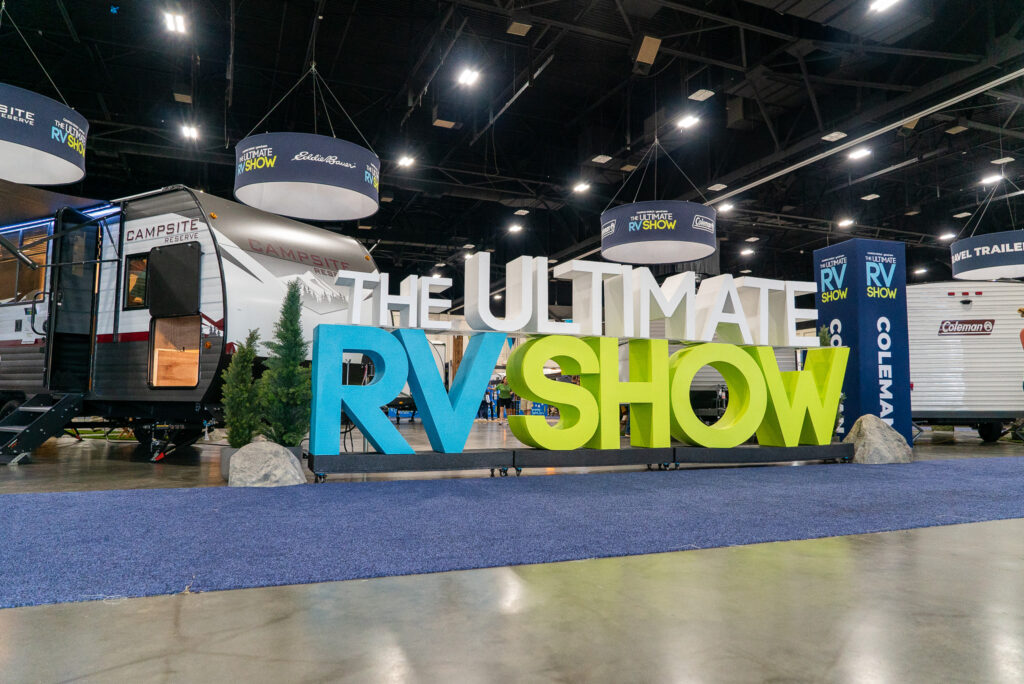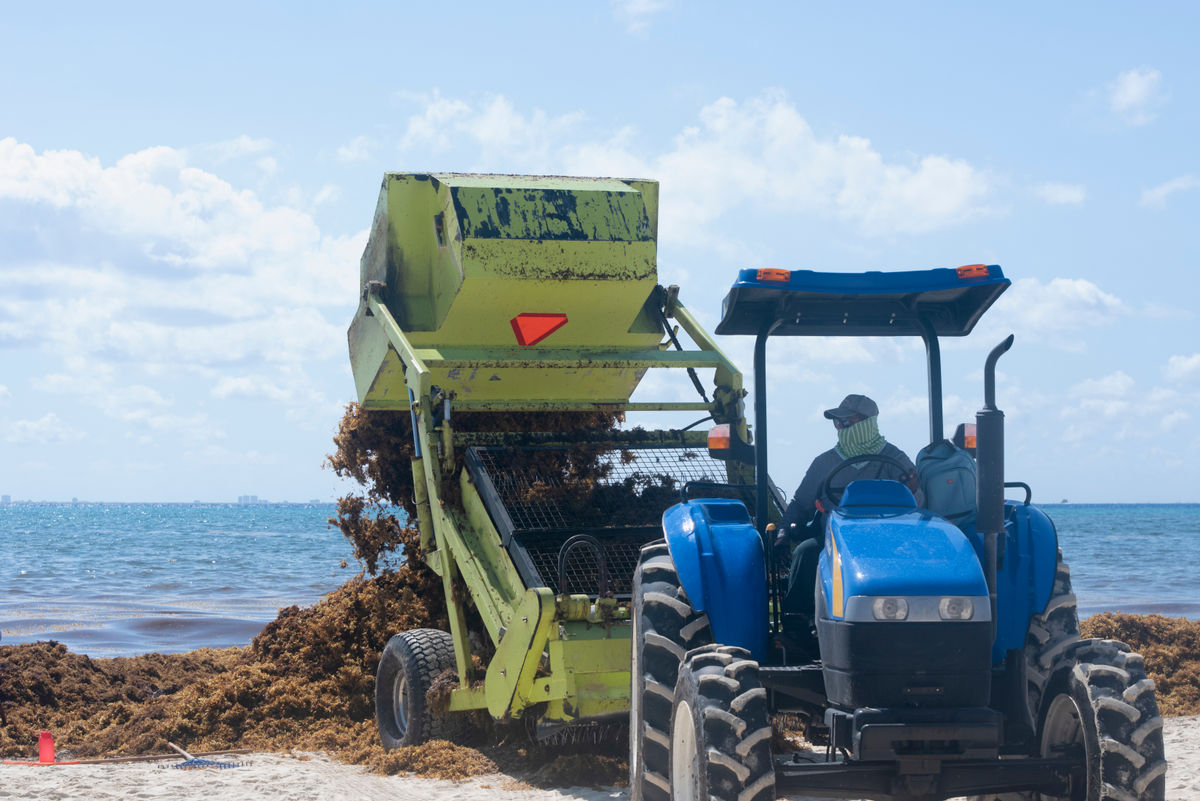In 2025, KC RV Park introduced a new wave of environmentally conscious measures. The site is focusing on a comprehensive approach that includes solar power integration, water-saving fixtures, composting efforts, and partnerships that protect local biodiversity. The timeline aligns with the park’s ongoing commitment to reduce environmental impact and strengthen sustainability practices.
A key element of the park’s strategy is clear and structured recycling. Visitors are encouraged to use specially marked stations, sorting out materials that can be diverted from landfills. This approach reflects a trend in the outdoor hospitality sector, where straightforward guidelines often boost public participation in green initiatives.
Composting is another pillar of the park’s new setup. Dedicated bins have been placed around the property for gathering food scraps, a process that can often result in organic matter being repurposed for local gardens or green spaces. The aim is to educate visitors on how composting can help reduce overall waste volume while contributing valuable nutrients to the soil.
In addition to waste management, KC RV Park has invested in solar panels that generate part of its energy needs. The panels, installed on select structures, feed renewable power back into the park’s grid. Common areas and pathways have also been fitted with LED lighting to lower electricity consumption and create a more environmentally friendly ambiance at night.
Water conservation efforts are evident through the use of low-flow fixtures in restrooms and showers. These installations limit unnecessary water usage and align with the park’s broader desire to preserve resources. The property also features drought-resistant landscaping in many areas, which cuts down on irrigation demands and showcases native plants well suited to local conditions.
Local ecosystems remain a priority for the park, illustrated by its work with groups supporting Monarch butterfly habitats. Management continues to monitor pockets near the eucalyptus groves, where lingering evidence of concrete slurry from earlier development once raised alarms about soil and water health. Ongoing evaluations aim to ensure ecological stability and adherence to local environmental standards.
Public awareness can bolster recycling results. One program in Licking County collected over four million pounds of recyclables annually across 22 sites, as demonstrated by this example. Clear communication, supportive infrastructure, and visible educational outreach played a pivotal role in its success, which may inform future efforts at KC RV Park.
Although KC RV Park has embedded many eco-friendly measures directly into its design, wider participation often requires more than just well-engineered facilities. Visible signage can be a powerful tool. Eye-catching labels, placards, and instructions encourage guests to sort waste correctly, understand how solar panels function, and appreciate the role of low-flow fixtures in preserving water. Clear communication and accessible materials on sustainability can often inspire guests to adopt eco-friendly habits during their stay, referencing general knowledge that creating visually appealing signs at recycling stations is an effective step. Sharing information on how solar panels generate renewable energy and how drought-resistant landscaping conserves water can also foster stronger appreciation for the park’s environmental efforts.
Staff engagement also strengthens the park’s environmental program. Routine training sessions help employees explain why recycling, composting, and water conservation practices matter. Encouraging staff to report issues such as faulty plumbing or malfunctioning solar arrays allows managers to respond quickly, preventing resource waste and potential disruptions for visitors. Incorporating employee feedback into sustainability planning helps measures align with operational realities, ensuring that introduced initiatives remain practical and effective in the long run.
Constant improvement goes hand in hand with a culture that values open discussion. When personnel share observations, the park can adjust station layouts for simpler waste sorting or refine signage around compost bins. This approach promotes a proactive environment that keeps eco-friendly measures functioning smoothly and efficiently.
KC RV Park’s ability to involve guests in the experience forms part of its conservation focus. When visitors can see how much compost is generated or learn the electricity savings from LED bulbs, they develop a stronger sense of stewardship. This inclusive approach encourages ongoing participation and helps expand the park’s environmental reach, reflecting the benefits of ongoing communication.
Months after the introduction of green initiatives, KC RV Park continues to see results. The property’s reliance on solar power has grown, composting volumes remain steady, and the recycling program appears well-received. As operations progress, the combination of resource-saving technology, staff involvement, and visitor engagement is shaping a new standard in eco-friendly outdoor hospitality.
.png)
.png) 1 week ago
2
1 week ago
2








 English (US) ·
English (US) ·  Spanish (ES) ·
Spanish (ES) ·